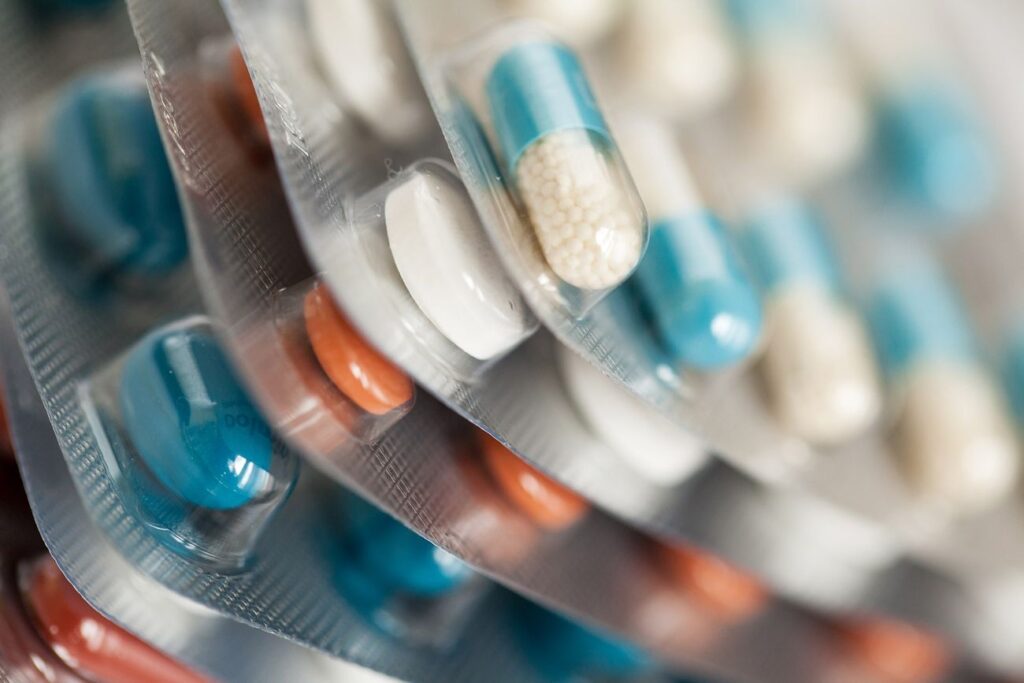
Introduction
In addiction recovery, adopting a holistic approach that encompasses not only mental and emotional well-being but also physical health is crucial. Exercise and nutrition play integral roles in supporting individuals on their journey to recovery.Say’s Charles Noplis, this article explores the benefits of exercise and nutrition in addiction recovery and highlights how they contribute to overall well-being and sustained sobriety.
I. Physical Health and Healing
Exercise: Regular physical activity supports the body’s natural healing processes during addiction recovery. Exercise improves cardiovascular health, strengthens muscles, and enhances overall physical endurance. It helps individuals regain strength and vitality, promoting a sense of well-being and improved self-image.
Nutrition: Proper nutrition provides the body with essential nutrients, vitamins, and minerals necessary for optimal functioning. A well-balanced diet aids in repairing organ damage caused by substance abuse, boosts the immune system, and enhances overall energy levels. Nourishing the body with nutritious foods supports physical healing and promotes overall health.
II. Mood Enhancement and Stress Reduction
Exercise: Engaging in regular exercise releases endorphins, the body’s natural “feel-good” chemicals. This results in improved mood, reduced stress, and increased relaxation. Exercise also serves as a healthy outlet for managing cravings, reducing anxiety, and promoting a positive state of mind.
Nutrition: Certain foods, such as those rich in omega-3 fatty acids, complex carbohydrates, and B vitamins, can support brain health and stabilize mood. A balanced diet that includes fruits, vegetables, whole grains, and lean proteins can contribute to improved mental well-being and emotional stability during recovery.
III. Relapse Prevention and Coping Strategies
Exercise: Incorporating exercise into a daily routine can act as a positive distraction, redirecting thoughts and reducing the risk of relapse. Engaging in physical activity provides individuals with a healthy coping mechanism to manage stress, cravings, and triggers. It also promotes self-discipline and self-esteem, fostering a sense of achievement and empowerment.
Nutrition: Proper nutrition plays a vital role in reducing cravings and maintaining stable blood sugar levels, which can help prevent relapse. A well-nourished body is better equipped to manage triggers and make healthier choices. Additionally, adopting a healthy eating pattern can serve as a positive routine and reinforce positive behaviors.
IV. Improved Mental Clarity and Cognitive Function
Exercise: Physical activity has been shown to enhance cognitive function, memory, and attention span. Regular exercise supports brain health by increasing blood flow and promoting the growth of new neurons. This can help individuals in recovery improve their focus, concentration, and overall mental clarity.
Nutrition: A nutrient-rich diet can positively impact cognitive function. Certain foods, such as those high in antioxidants and omega-3 fatty acids, have been linked to improved brain health and cognitive performance. Providing the brain with the necessary nutrients can support mental clarity and enhance cognitive abilities.
V. Social Support and Community Engagement
Exercise: Participating in group exercise activities or team sports provides opportunities for social interaction, connection, and support. Engaging in physical activities with others who share similar interests promotes a sense of belonging, reduces feelings of isolation, and fosters supportive relationships.
Nutrition: Sharing meals with others, whether through support groups, communal living environments, or with friends and family, encourages social interaction and a sense of community. Eating together provides an opportunity for support, encouragement, and the sharing of healthy eating habits.
Conclusion
In addiction recovery, exercise and nutrition play integral roles in supporting individuals’ physical, mental, and emotional well-being. Engaging in regular exercise and adopting a balanced diet can contribute to physical healing, enhance mood, reduce stress, prevent relapse, improve cognitive function, and foster social support. By incorporating exercise and nutrition into their daily routines, individuals in recovery can experience numerous benefits that promote overall well-being and contribute to long-term sobriety.